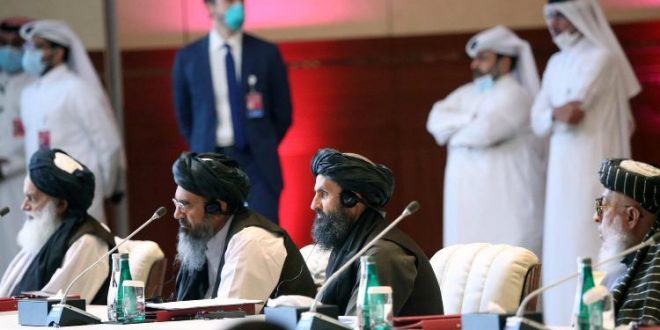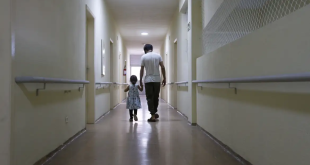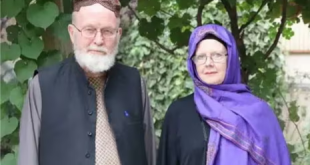As expected, the intra-Afghan talks in Doha are making slow progress as unraveling the decades-long conflict is indeed no easy task. The Afghan government and the Taliban negotiating teams have agreed on only one of two contradictory items so far, predominantly related to the internal code of conduct and the agenda of discussions for future talks. Such an early contentious start indicates that talks would also drag on in the face of big outstanding issues lying ahead. It seems contentious issues are in abundance but the only thing bringing the sides together is ‘peace’. From the government side, the insistence is on the preservation of the incumbent democratic system, achievements of the two decades, lasting ceasefire and the Constitution but the Taliban demand replacement of the democratic system with their Emirate. These differences are capable of being talked through and deliberation over them promises that peace would come slowly but certainly. Although there are many sticking points in the peace talks, the negotiating sides should understand that the more agreeable points are in the talks, the better are the chances of delivering an early outcome. The initial sittings between the sides so far have only served the purpose of breaking the ice, the actual, more serious discussions are yet to get going. The sides should focus more on the commonalities than differences. The Islamic Republic and the Constitutions should be the two connecting points because they are also valued and shared by the nation. Meanwhile, for the controversial subjects, a roadmap should be developed on how to negotiate about them and make compromises respectively. This shouldn’t be difficult as long as hammering out a peace remains an undisputed point among them and that they don’t deviate from their promises and commitments in this regard. Another important consideration that should be taken into account is that the demands of the Afghan public should be taken into account. Efforts shouldn’t aim for power and leverage – something that has been so far experimented through violent means and increased conflict but has proven futile. If the sides engage in talks – and show their upper hand on the battleground for gaining leverage – but don’t make headway in putting a complete end to violence just because they want to be the winner in the talks, then everything would be the same old, same old. The peace talks would wane in importance and influence and become another red herring for the Afghan masses.

 Afghanistan Times
Afghanistan Times



